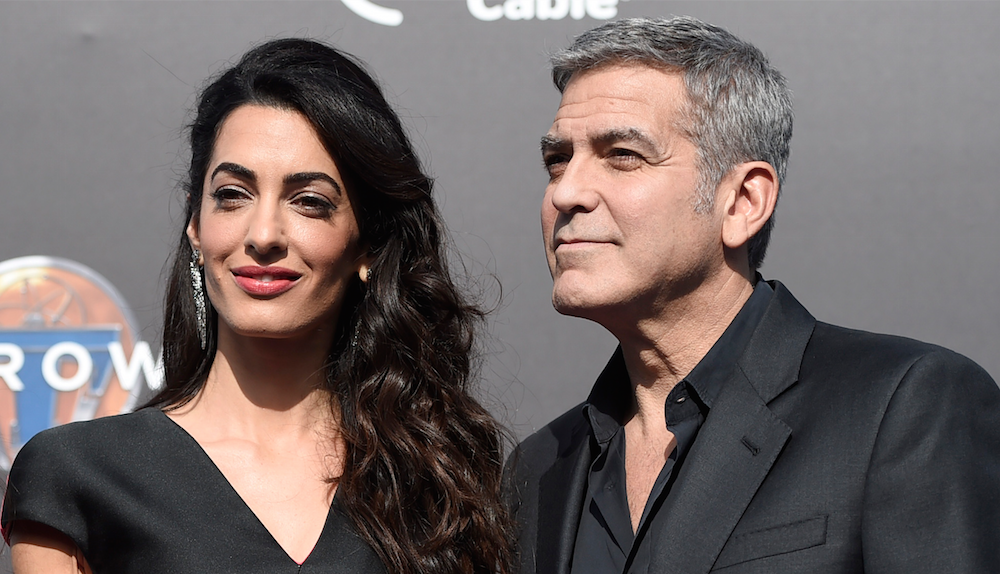The Russian Prosecutor General’s Office has labeled George Clooney’s foundation an “undesirable” organization.
Others are reading now
The Russian Prosecutor General’s Office has labeled the Clooney Foundation for Justice, founded by Hollywood-actor George Clooney and his wife Amal, as an “undesirable” organization.
The office claims the foundation supports extremist and terrorist groups.
In their statement, the Russian authorities accused the foundation of trying to discredit Russia on a “Hollywood scale.”
They allege that the foundation supports people who have left Russia and members of banned organizations, all while promoting humanitarian causes. The statement also accuses the foundation of pushing for criminal charges against Russia’s top leaders.
Also read
This move comes after Anna Neistat, legal director of the foundation’s Docket project, announced in May that the foundation would seek arrest warrants for Russian propagandists. She pointed out that many propagandists travel to Europe and could be detained based on warrants from Europol member countries. Neistat suggested these individuals could face charges for war propaganda, which is illegal in some European nations.
However, in early June, George Clooney clarified that his foundation would not target Russian propagandists in Europe. He emphasized that, as the son of a journalist, he would never go after journalists, even if he disagrees with their views.
The Clooney Foundation for Justice was created in 2016. It focuses on human rights and operates in more than 40 countries.
Since spring 2022, Russian state media outlets have faced widespread bans in the West.
Channels like Russia Today and Sputnik are blocked across the European Union and the UK, along with others like RTR Planeta, Soyuz TV, and Russia 24. In December 2022, the EU banned more channels, including Russia 1, NTV, REN TV, and Channel One.
Former Soviet republics have also taken similar actions.
Last fall, Moldova’s Security and Information Service (SIS) blocked 22 Russian media websites, most of which were state-controlled propaganda outlets. These actions further isolate Russian state media from international audiences.


